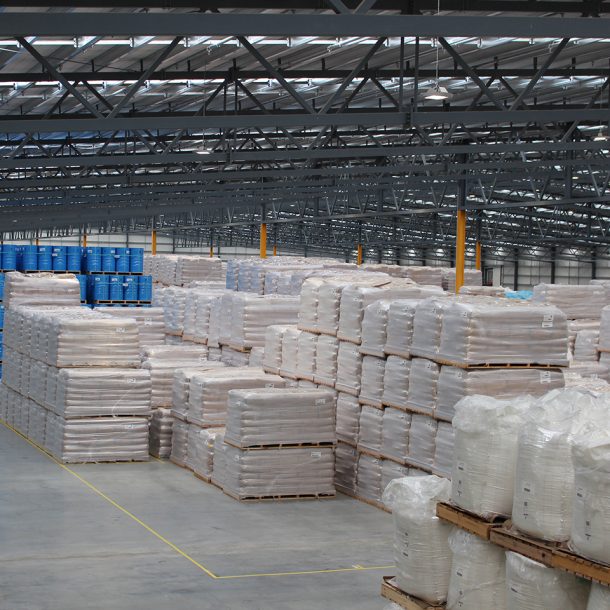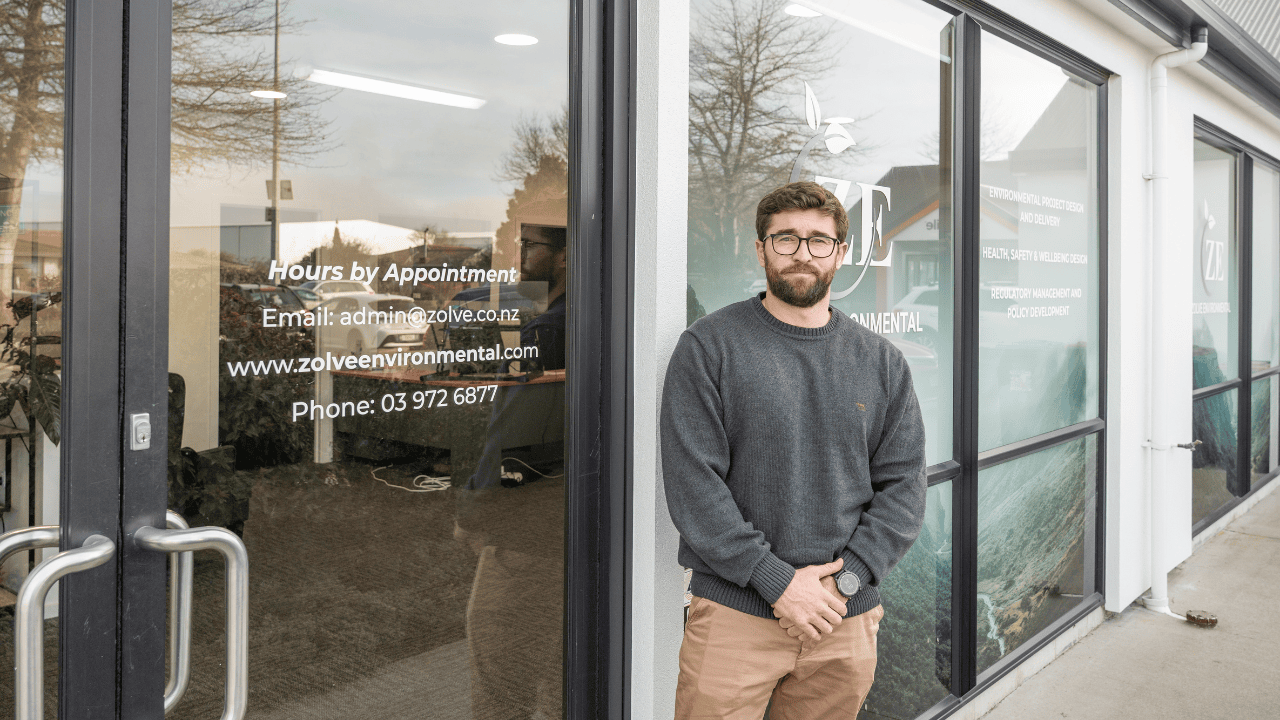
We recently sat down with Zac Robinson, the founder and managing director of Zolve Environmental, as part of our ongoing mini-series highlighting the people who make South Canterbury an exceptional place to live, work, and build a business. Produced by the South Canterbury District Website, this conversation traces Zac’s personal journey from his West Coast upbringing to international work as an arborist, through the challenges that reshaped his outlook, and into the formation and rapid growth of Zolve Environmental. In this article we share the full story: the formative moments, the values that guide him, the work Zolve does, and why South Canterbury matters as a hub for families and enterprises alike.
Zac’s story resonated with us because it combines perseverance, practical problem solving, and a commitment to community — qualities we see again and again in South Canterbury’s entrepreneurs. He started Zolve just over three years ago and, in that relatively short time, has built a diverse environmental services business that spans pest control, wilding pine management, health and safety systems and more. We wanted to learn not just what Zolve does, but what shaped Zac: the experiences that pushed him into leadership, the values he insists on, and the vision he carries for his region and his team.
To watch a highlight clip of the interview that this article is based off, click the video below:
From Hokitika to Timaru: the early years and life-changing experiences
Zac grew up on the West Coast — born and bred in Hokitika — and for a young man with an adventurous streak, leaving home was part of the journey. He spent a couple of years in the UK working as an arborist near Dublin and in Galway. Those years taught him professionalism, technical skill, and the importance of community, but it was when he returned to New Zealand that a sequence of events profoundly shaped both his personal life and his career.
Early maturity came from parenthood: Zac and his partner had children young, and he describes that period as pushing him to grow up quickly and make better, more considered choices. Professionally, his work for the Department of Conservation led to a deployment to the Pike River Mine disaster response team. That experience left a deep impression on him. He reflected on it in simple, honest terms: being part of such a challenging and emotional response highlighted the need for empathy, responsibility and the ability to see situations from others’ perspectives.
Then, in 2015, an on-the-job accident changed everything. Zac sustained serious injuries — fractures, significant head trauma, ribs, a fractured skull — and spent about a year out of work recovering. Rather than allowing that period to define him as a setback alone, he reframed it. We were struck by Zac’s belief that “adversity is a privilege.” For him, adversity became a catalyst: it forced him to confront limitations, grow, and reimagine what was possible. That outlook ultimately played a central role in his decision to start Zolve.
Values that guide every decision
Zac is straightforward when he talks about the principles he brings into both life and work. Empathy, being non-judgmental, and a readiness to share a yarn or a beer with people are central. He explained that everyone has a story and challenges we’re not always aware of, and approaching others with that context changes how we interact and lead.
“Empathy is a big one for me. Being able to see things from other people’s perspective — that’s really important.”
He also places an unmistakable emphasis on workplace culture. Zac believes people should be at the centre of decision-making and that culture is not a soft add-on but a strategic advantage. He credits former employers — notably Port Blakeley Forestry — for teaching him the importance of aligning values and culture before skills. As he put it: skills can be taught, but culture and values are not so easily changed.
The stepping stones of a career: how previous roles shaped Zolve
Zac’s path from arborist to environmental business owner wasn’t linear, but the arc is coherent: each stop taught something necessary. After returning from the UK, his work with the Department of Conservation and time spent in mining roles with Solid Energy and at the Stockton mine exposed him to large-scale environmental management and complex stakeholder environments. Later, during his time with Alpine Energy he led vegetation clearance and maintenance programs, and at Port Blakeley Forestry he worked with teams that shaped his approach to business and people management.
Those experiences combined technical competence with an understanding of how organisations operate. When Zac talks about what he took from Port Blakeley, it’s clear that it was not just skills but a mindset: the value of humility, team-first culture, and long-term client relationships. He still maintains strong ties with those teams, and many have become clients — an example of how relationships built on trust can carry into new ventures.
Why Zolve: the leap into entrepreneurship
Starting Zolve Environmental was as much a personal leap as a professional one. Zac had a secure, well-paying role when he decided to start his company — a choice that increased risk for the family, especially given that his partner was also undertaking study to become a midwife at the same time. What pushed him, he says, was a love of challenge and a desire to build something aligned with his values and the lessons from adversity.
“I just felt the timing was right and got stuck into it. My employer at the time was really supportive — when I finally made the leap, they handed me an envelope with my first contract.”
That anecdote reveals the practical side of Zac’s approach: he didn’t jump without support, and he kept strong ties with previous employers. That first client relationship eased the transition and helped Zolve scale quickly — faster than Zac initially expected.
What Zolve Environmental does
At its core, Zolve operates at the intersection of environmental management, health and safety, and practical project delivery. Zac prefers the term “enablers” to “consultants,” and the company’s work reflects a pragmatic focus on helping organisations meet regulatory requirements while delivering results on the ground.
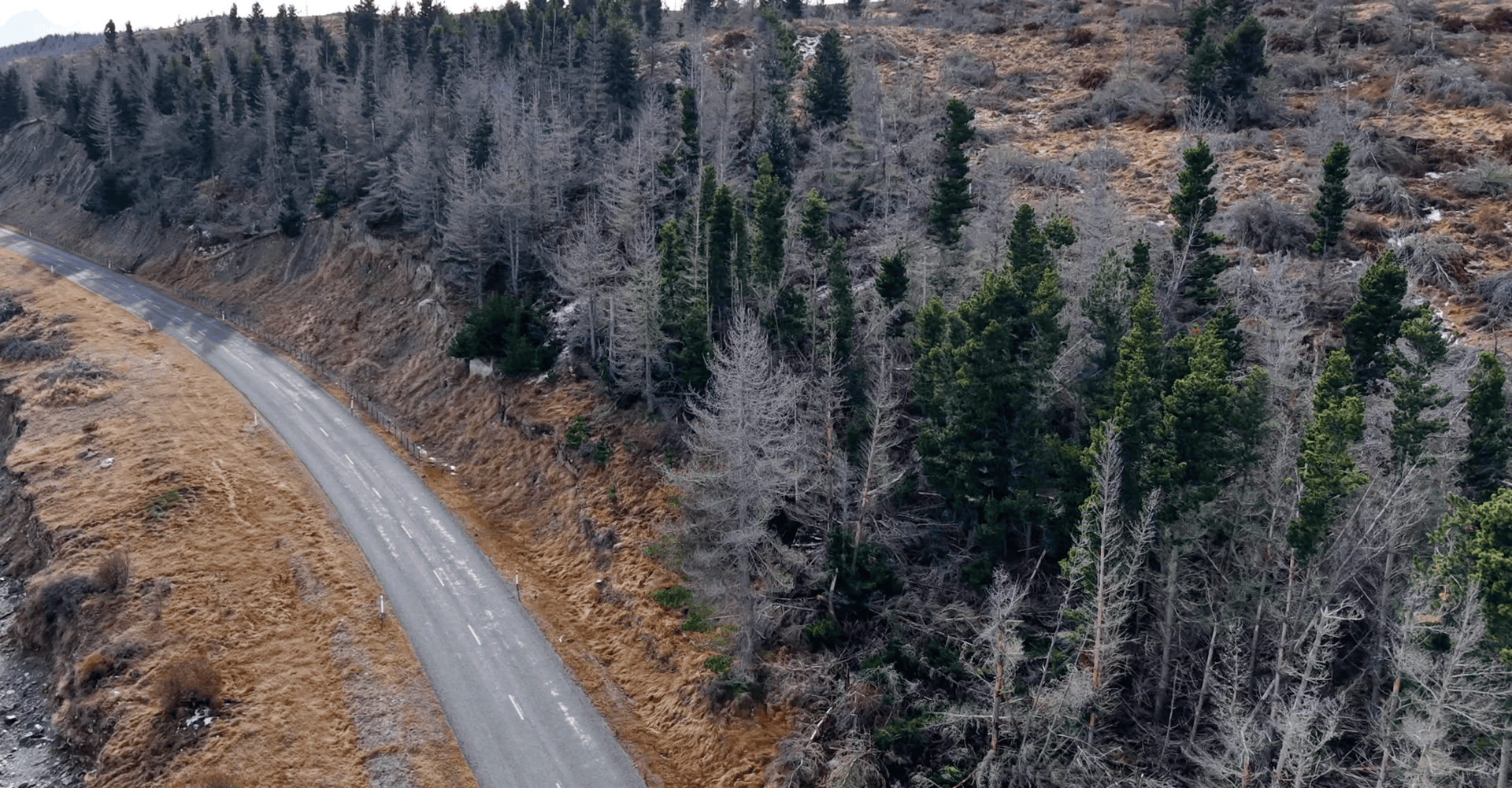
Key services Zolve provides include:
- Wilding pine management: project management for wilding pine control programs across the Canterbury region, including innovative approaches to reduce cost and increase scale.
- Pest plant and animal control: coordinated programs targeting invasive species to protect ecosystems and threatened species.
- Threatened species protection: planning and delivery of measures to conserve vulnerable native flora and fauna.
- Wetland restoration: design and delivery of restoration projects that return ecological function to degraded wetlands.
- Environmental impact assessments and consenting strategy: supporting large-scale land use projects, from solar farms to infrastructure, with regulatory navigation and practical mitigation strategies.
- Health & safety systems: developing management systems, auditing, and preparing companies for certification and compliance.
That breadth is intentional. It keeps the work varied, attracts staff with diverse skills, and allows Zolve to present integrated solutions to clients who face complex, interlinked problems. A standout piece of their work is the long-term contract to manage parts of the wilding pine program across Canterbury — a project Zac describes as both a technical challenge and an opportunity for innovation.
Turning a pest problem into renewable solutions
One of the most exciting aspects of Zolve’s approach is how they look for creative, scalable solutions. In the Mackenzie Basin, wilding pine is a major ecological and agricultural threat. Zac and his team are working on programs that not only remove seed sources but also explore value streams from biomass. For example, aligning clearance operations with biofuel markets can convert a pest management cost center into a feedstock supply for renewable energy — reducing disposal costs and creating circular economic benefits.
“Being able to turn a pest problem into a renewable energy source — that’s pretty cool.”
It’s the kind of practical innovation that shows Zolve’s strengths: a willingness to experiment, find cross-sector partnerships, and deliver outcomes that are environmentally sensible and economically pragmatic.
Growth, culture and the practical challenge of scaling
When Zac started Zolve about three and a half years ago, he imagined consulting on his own for a couple of years. The reality was different: he hired his first employee within weeks and has experienced rapid organic growth since. Despite this whirlwind, he’s adamant that the company must retain its culture and keep people at the center of decisions.
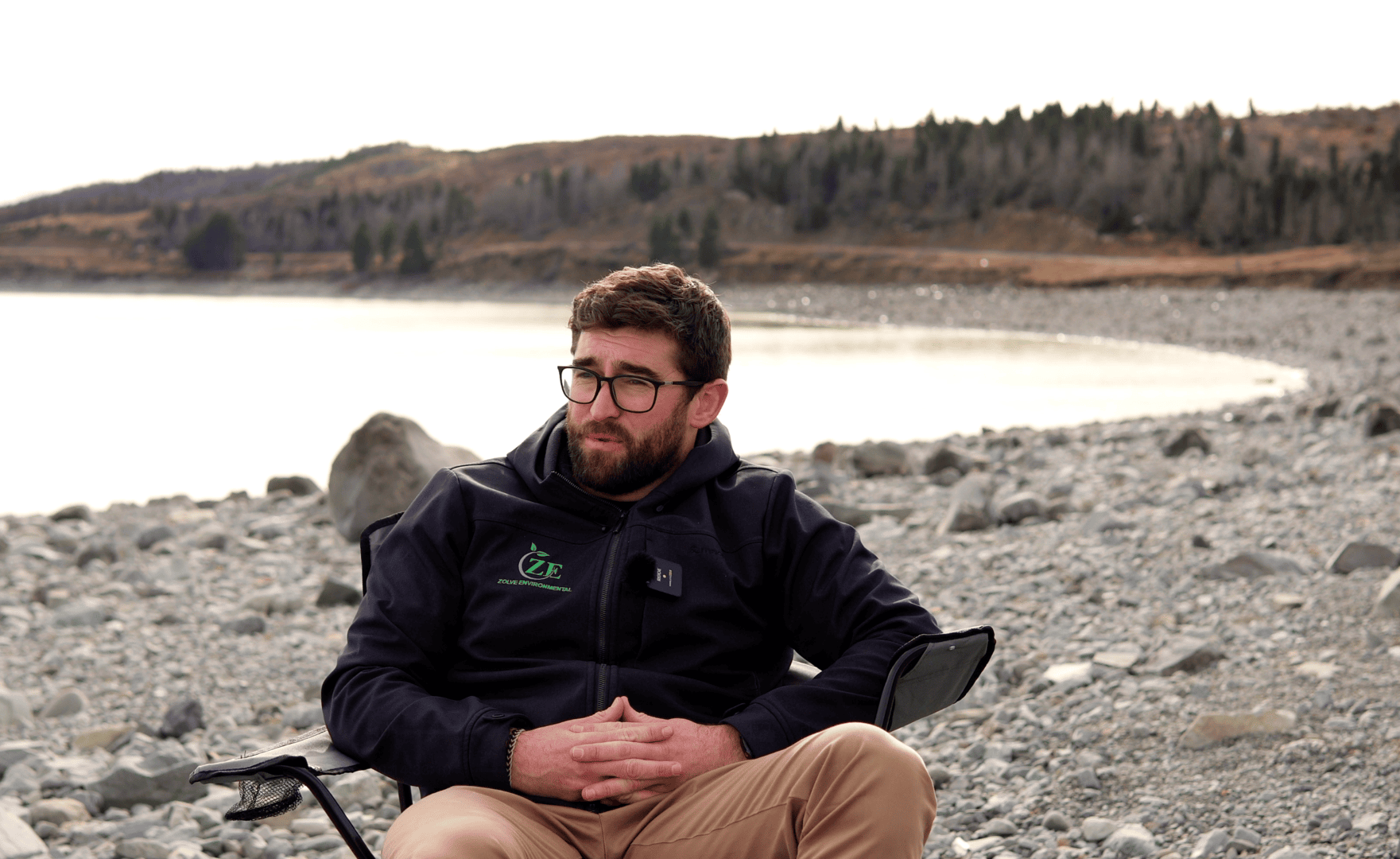
But growth brings its own problems. Zac admits to struggling with imposter syndrome — a candid admission from someone running a successful business. He also recognises the classic entrepreneur’s trap: being so busy in the business that you don’t spend enough time working on the business. Right now, Zolve is investing in people and hiring to free up capacity so leadership can focus on strategic planning and marketing.
Hiring, in Zac’s view, is about more than skills:
- Look for cultural fit first: shared values, communication style, and the ability to work under stress.
- Skills can be taught, but attitude and fit are harder to change.
- Invest time in recruitment to get the right people who will enjoy the work and contribute to a positive culture.
Zac learned this from his time with Port Blakeley and applies it intentionally at Zolve. The result is a team that’s engaged, loyal and increasingly seen as part of an extended community of partners and clients.
Where Zolve works: local roots, national reach
Although we conducted this interview with Zac at his office in the Mackenzie Basin — a beautiful, rugged workspace that confirms that offices don’t need four walls to be inspiring — Zolve’s work stretches well beyond South Canterbury.
Currently, Zolve is active across the South Island: Canterbury, Otago, Southland and Marlborough. They’ve also completed projects in the North Island following storm events, and even the Chatham Islands. Zac hasn’t forgotten his West Coast roots and hopes to do more work there in the future.
Despite national reach, Zac chose Timaru as the company’s base. The reasons are both personal and practical: Timaru’s central location makes it an efficient hub for projects across the southern half of the country, and it provides an excellent environment to raise his three boys. The family is settled, the community supportive, and the region offers lifestyle benefits — from lakes and mountains to Caroline Bay and local sports — that balance work and life.
Why South Canterbury works for families and businesses
Zac’s experience demonstrates how South Canterbury strikes a balance between opportunity and community. He’s not a lifelong local; he moved here for work and, over the years, chose to stay. From his perspective:
- Community support is strong — people are welcoming and willing to share advice or lean on one another.
- It’s a place where families can settle, kids can grow up with sports and schooling close by, and there are practical amenities without big-city congestion.
- Local businesses are successful and humble; there’s less tall-poppy syndrome and more encouragement for entrepreneurs to try things.
- Proximity to natural environments provides direct opportunities for environmental and eco-tourism initiatives.
He encourages people considering a move to spend time in the region, do their research, and reach out to locals. For those starting a business, he offers both encouragement and a practical caveat: make sure the region suits your enterprise, and then jump in.
Big wins, hard lessons
In three and a half years, Zolve has accumulated achievements and learned hard lessons. Wins include rapid, organic growth, long-term contracts, and a network of clients who were once colleagues and are now firm allies. The company’s reputation has been built on delivery and relationship — the kind of word-of-mouth growth that Zac is rightly proud of.
The struggles are familiar to business owners everywhere: impostor syndrome, the constant trade-off between day-to-day delivery and long-term strategy, and the strain of growing while preserving culture. Zac’s approach to those challenges is to be deliberate about recruitment, invest in people, and carve out space for leadership to think strategically rather than only reactively.
Looking ahead: Zac’s vision for South Canterbury and Zolve
When we asked Zac about his aspirations for South Canterbury, his answers blended practical urban ideas with environmental optimism. He’d like to see Timaru’s town centre refreshed and Caroline Bay more fully utilised. He sees untapped potential in eco-tourism and believes the region could do more to connect natural assets with business opportunities. Above all, he wants the region to embrace its environmental strengths: the Mackenzie Basin is an internationally admired landscape, and careful, community-led development could leverage that asset without degrading it.
For Zolve, the immediate focus is consolidation and scale: hiring the right people to deliver on existing contracts, improving marketing so more potential clients know what the firm offers, and exporting successful models — like the wilding pine-to-biofuel approach — to other regions.
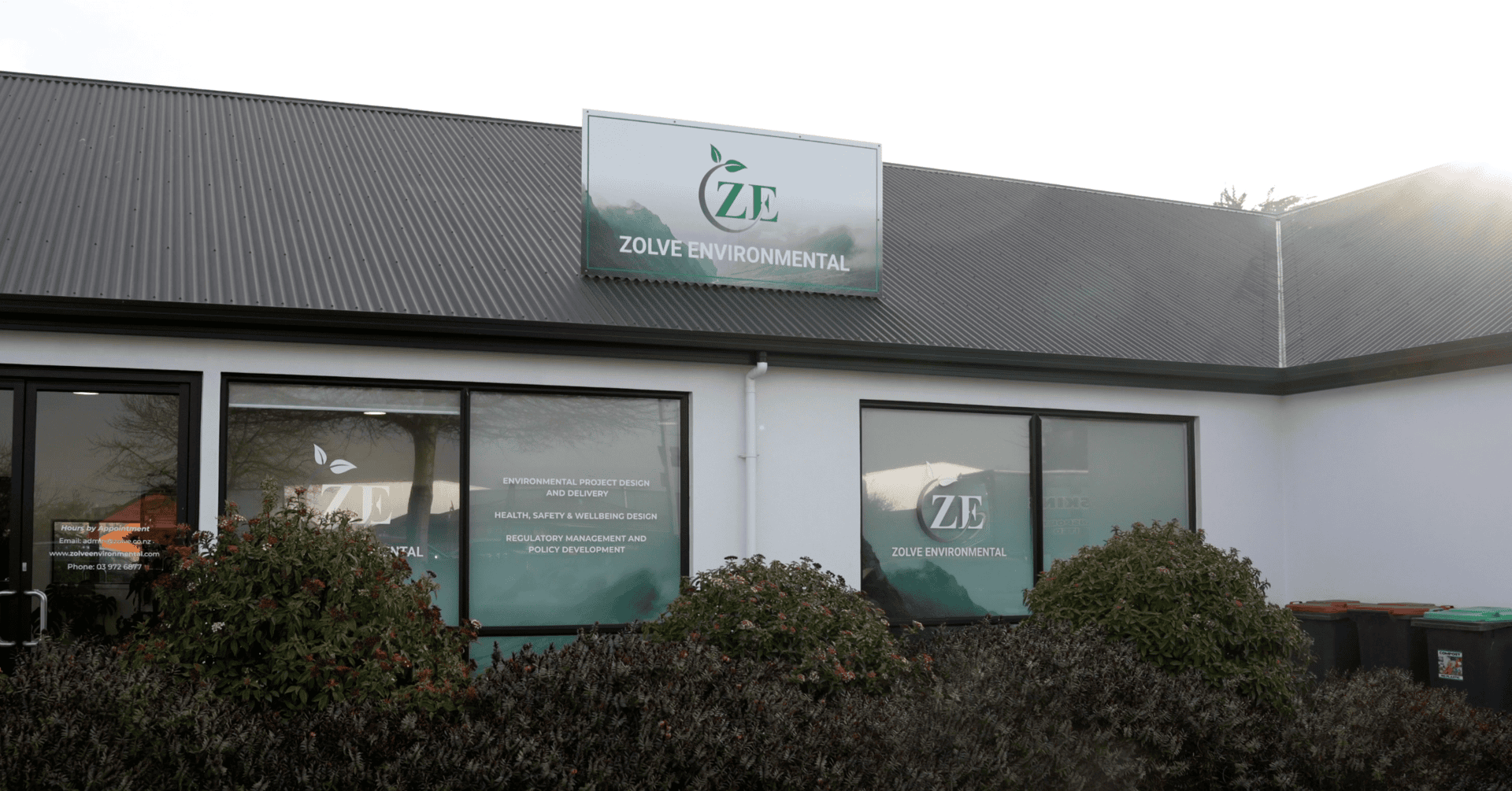
Lessons for entrepreneurs and people considering a move
Throughout our conversation, Zac returned to a few recurrent themes that are worth repeating for anyone thinking of starting a business or relocating to a regional centre:
- Adversity can be a catalyst: Personal hardship and setbacks can lead to meaningful change and growth if you approach them as opportunities.
- Culture first: When hiring, prioritize values and cultural fit. Skills are teachable; alignment is not.
- Keep relationships strong: Past employers, colleagues, and community members can be the best sources of early contracts and support.
- Be pragmatic and creative: Look for solutions that solve multiple problems (ecological, economic, logistical) at once.
- Stay connected to place: Building a business in regional New Zealand offers lifestyle benefits and a supportive community, but success often depends on being physically present and investing in local relationships.
When asked what single piece of advice he would give a young business owner starting out, Zac’s response was characteristically direct and optimistic:
“Adversity is a privilege. You’re going to come up against challenges, but with those challenges is your biggest opportunity for personal growth and development. Take them with both hands.”
Practical benefits of local business networks
Zac also highlighted the South Canterbury Chamber of Commerce as a resource he’d like to engage with more. For him, the chamber’s key benefits are networking and support — from training opportunities to peer connections. Even for businesses that aren’t big on formal marketing, participating in these networks can be a source of referrals, learning, and credibility.
Where to from here?
For Zolve, the next steps are clear: grow the team deliberately, sharpen visibility through better marketing, and continue to pilot pragmatic innovations like converting wilding biomass into renewable products. For South Canterbury, Zac hopes to see civic spaces and natural assets leveraged in ways that create jobs, attract visitors, and respect ecological limits.
We left our time with Zac inspired by his practical optimism. He’s a testament to how resilience, culture, and community can produce an enterprise that does good work and treats people well. Zac emphasizes humility and learning, he’s open about his limits, candid about struggles, and always willing to pick up the phone and ask for advice. That willingness to learn is arguably as valuable as technical expertise when building a resilient business in regional areas.
Join the conversation
If Zac’s journey resonates with you, consider spending a few days in South Canterbury, talk to local business owners, and explore whether the region could suit your family or your venture. For those interested in environmental work, there are practical ways to get involved — from local projects to larger-scale restoration programs. And if you’d like to follow Zolve’s progress, we expect exciting developments as the team expands and applies their practical, people-centred approach to new challenges.
We’d like to thank Zac for his openness and for sharing lessons that are both personal and practical. His story reminds us that regional New Zealand is full of people taking thoughtful risks, building resilient businesses, and contributing to communities in meaningful ways.
Join the South Canterbury Chamber of Commerce.
Do better business, together.
Join New Zealand’s most respected business organisation today!
The Chamber can help you grow your networks and your business.

Get the right advice,
be better informed.
FREE business support and advice. FREE 0800 helpline for HR and Health & Safety advice.

Connect with the right people.
Reach 5,000+ potential new customers, network at BA5 and other events, Sector and Young Chamber CONNECTIONS.

Upskill yourself and your team.
FREE essential workshops, DISCOUNTED training, specialised information seminars.

















